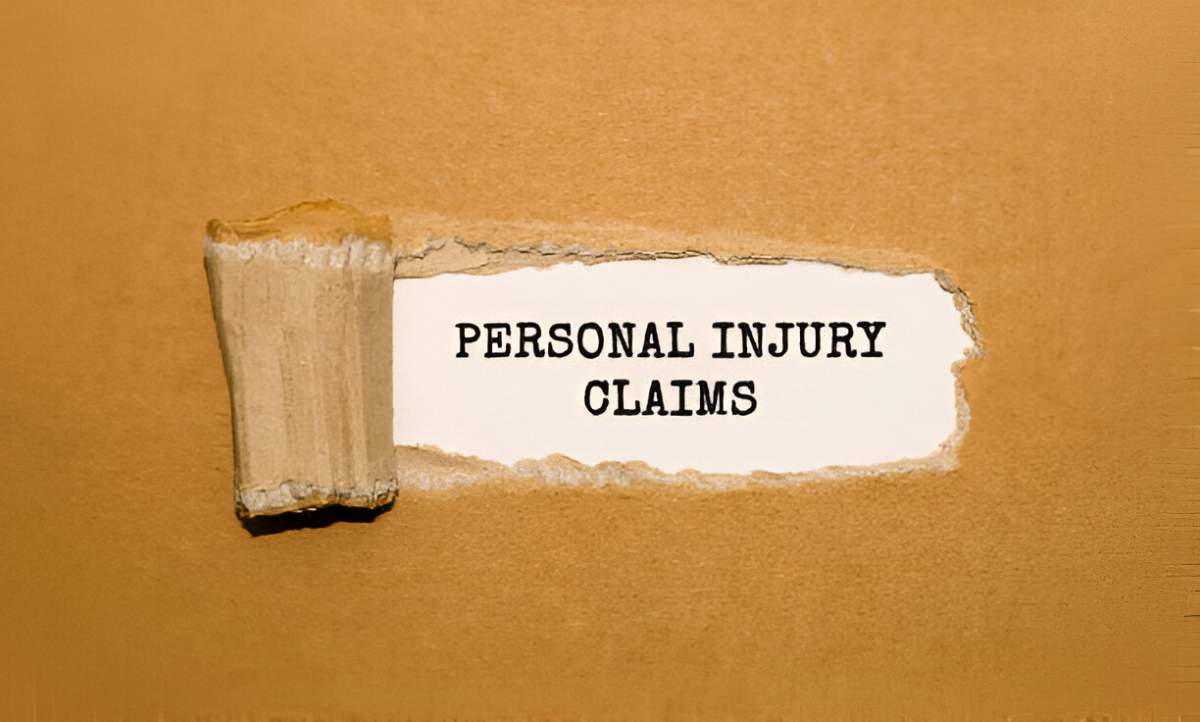Understanding Economic Damages in Tennessee Personal Injury Cases
Economic damages are a core component of compensation in Tennessee personal injury cases, as they cover the quantifiable financial losses resulting from an accident. These damages are intended to help injured individuals recover financially from the burdens imposed by someone else’s negligence. Common examples include medical expenses, lost wages, and property damage. Whether it’s an emergency room visit, ongoing rehabilitation, or surgeries and medications, all related healthcare costs are considered part of your economic damages.
Lost income is another significant factor. If the injury prevented you from working temporarily or permanently affected your earning capacity, the lost wages or potential future income may be recoverable. In addition, costs associated with repairing or replacing damaged property, transportation for medical appointments, and modifications to accommodate a disability in your home or vehicle may also be included.
Because these losses are easier to document—through bills, receipts, and pay stubs—they tend to be more straightforward to calculate than other less tangible forms of compensation. When evaluating the different types of damages in a personal injury claim, clearly tracking all financial losses from the beginning is key to ensuring a fair and comprehensive settlement. Proper documentation can greatly impact the outcome of your case.
Non-Economic Damages: Pain, Suffering, and Emotional Impact
In a Tennessee personal injury claim, non-economic damages compensate for the more personal, intangible consequences of an injury. While economic damages cover the financial costs, non-economic damages focus on how the injury has affected your quality of life. At The Higgins Firm, we understand how deeply an injury can impact not just your body, but your emotional well-being and day-to-day experience.
These damages may include compensation for physical pain, emotional distress, anxiety, depression, trauma, loss of enjoyment of life, and the strain on personal relationships. For instance, if someone suffers permanent disfigurement or chronic pain that affects their ability to engage in hobbies, family life, or simple daily routines, these losses can be addressed through non-economic damages.
Unlike medical bills or lost wages, these damages don’t come with receipts or pay stubs. Instead, they rely on thorough documentation, including personal journals, medical reports, psychological evaluations, and testimony from those close to the injured party. These tools help illustrate the profound impact an injury has had on someone’s life.
Understanding the full scope of non-economic harm is essential when identifying the types of damages in a personal injury claim—and ensuring the compensation truly reflects the suffering endured.
Punitive Damages: When the Court Seeks to Punish Misconduct
Punitive damages are a less common but significant category in Tennessee personal injury claims. Unlike economic and non-economic damages, which aim to compensate the injured party, punitive damages serve a different purpose—they are intended to punish the at-fault party for especially harmful behavior and deter similar conduct in the future. At The Higgins Firm, we help clients understand whether this form of compensation may apply to their case.
In Tennessee, punitive damages are only awarded in cases involving intentional harm, fraud, malice, or gross negligence. For example, if a driver was intoxicated and caused a severe crash, or a company knowingly sold a defective product that led to injury, the court may consider punitive damages appropriate.
However, the standard for awarding punitive damages is high, and clear, convincing evidence must show that the defendant acted with reckless disregard for others’ safety. Tennessee law also places caps on punitive damages, generally limiting them to either twice the amount of compensatory damages or $500,000—whichever is greater.
While punitive damages don’t apply in every case, understanding their role in the broader picture of the types of damages in a personal injury claim is crucial when evaluating the total potential value of a claim.
How Tennessee Law Impacts Damage Awards in Injury Claims
When pursuing a personal injury claim in Tennessee, it’s essential to understand how state laws can affect the amount and type of compensation you may receive. At The Higgins Firm, we guide clients through these legal specifics to ensure they know what to expect throughout the process.
Tennessee follows a modified comparative fault rule, which means your compensation may be reduced if you are found partially at fault for the accident. If you are 50% or more responsible, you may be barred from recovering any damages at all. This rule can significantly influence how damages are calculated and awarded.
Additionally, Tennessee imposes caps on certain damages. For example, non-economic damages like pain and suffering are generally limited to $750,000, or $1 million in cases involving catastrophic injuries. As for punitive damages, they are capped at either twice the amount of compensatory damages or $500,000—whichever is greater.
These legal guidelines play a crucial role in determining how much you can recover for medical expenses, lost income, emotional suffering, and more. Understanding these limits and rules is key when navigating the types of damages in a personal injury claim and building a realistic strategy for financial recovery.
Conclusion
Understanding the types of damages in a personal injury claim is essential for anyone pursuing compensation after an accident in Tennessee. From economic losses like medical bills to non-economic harm such as pain and suffering—and even the potential for punitive damages—each type plays a role in the overall value of your claim. Tennessee laws, including comparative fault rules and damage caps, also directly impact outcomes. Working with a legal team like The Higgins Firm ensures you’re informed, prepared, and supported throughout the process. With the right guidance, you can pursue fair compensation and focus on healing and rebuilding your life.











Leave a Comment